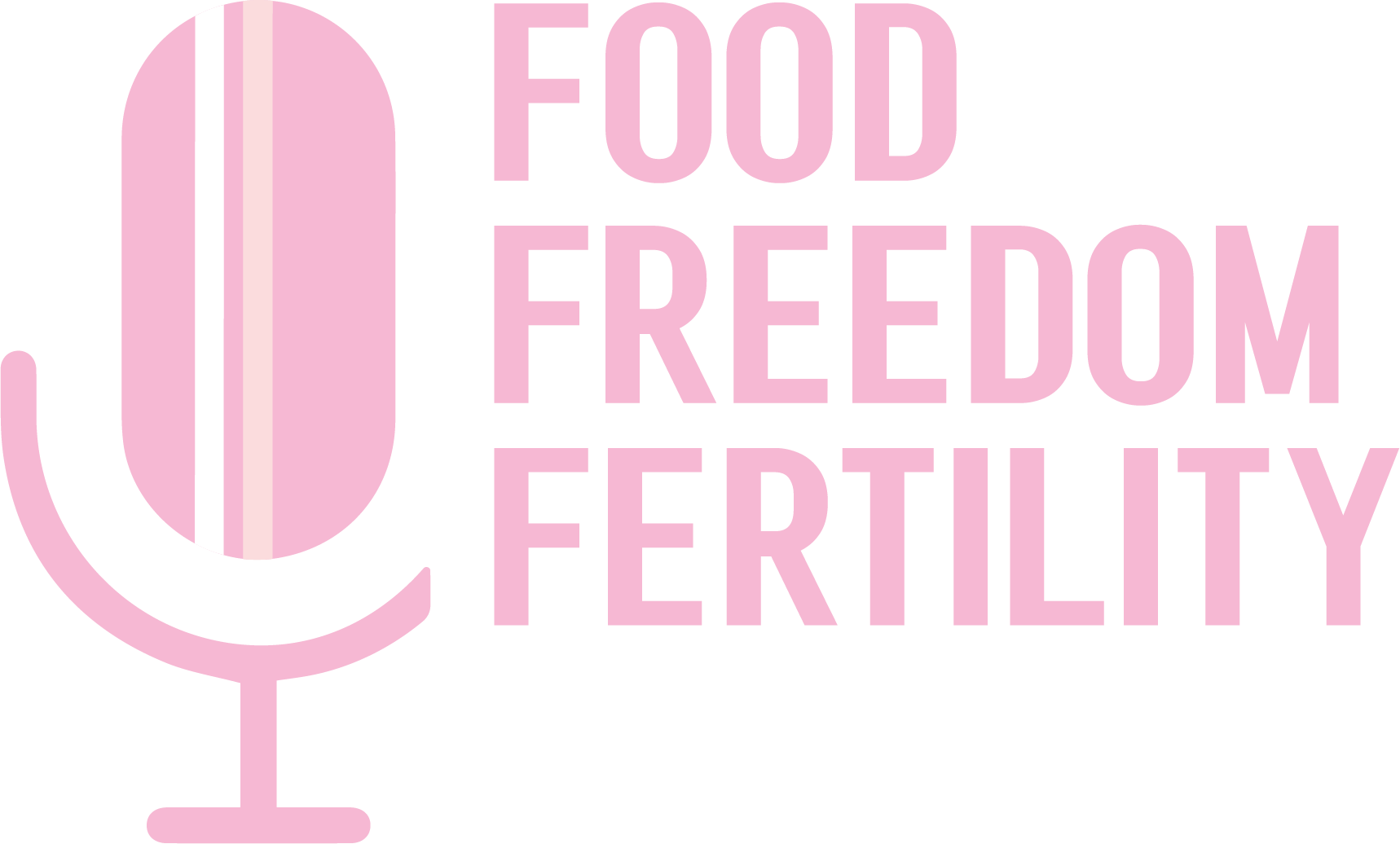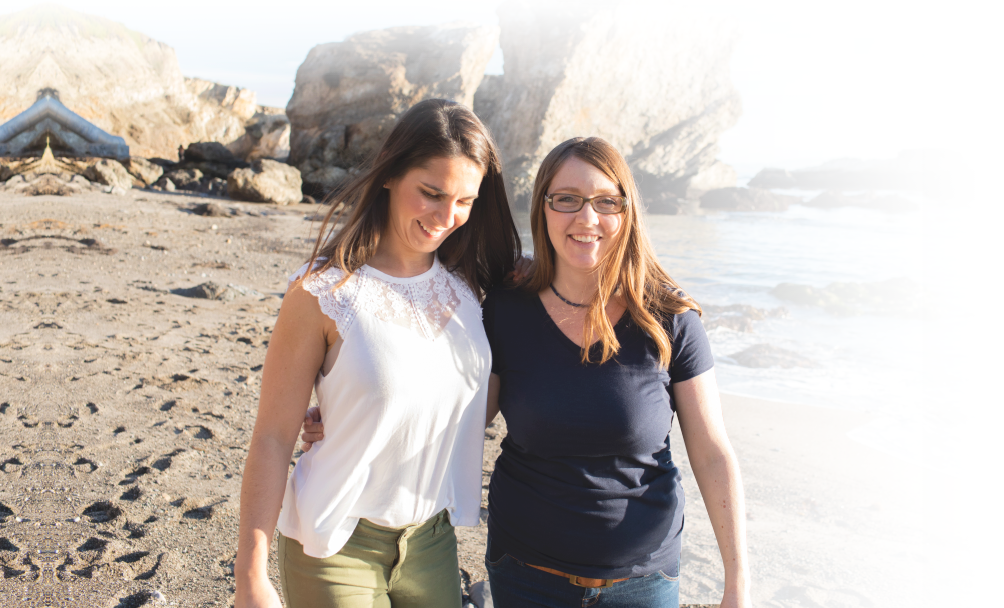Episode 2: Egg Quality
In this episode we talk about ovulation and ejaculation… a lot. Blush if you must, but this episode will teach you all about eating right to protect and preserve the precious eggs that can someday become healthy babies! We want to encourage and empower you to make the right choices for your life and your fertility.
Egg quality is the answer to the question: “Do the eggs you have contain the right kind of genetic material to make a happy healthy baby?”
It takes at 90-120 days to start developing an egg that ends up being ovulated. It’s true that women
What is in our control?
Environmental Exposure
– Limiting exposure to toxic chemicals and compounds that disrupt hormone function
– Supporting your elimination organs (skin, liver, intestines, etc.) so your body can process the toxins you are exposed to
Stress
– Stress inhibits fertility as a protective mechanism. The higher your stress levels are, the harder it will be to improve egg quality
– Stress can be emotional and psychological, but it also includes things like injury, illness, and extreme temperatures.
– Combat stress with extra sleep, limiting exposure to toxic relationships, and changing our mindset regarding the challenges in life.
Hydration
– 10 pees with 2 C’s. The 2 C’s are Clear and Copious. Drink enough to feel the urge to pee 10 times a day, and when you go your urine is light yellow and plentiful.
– Water needs vary from day to day. Temperature, humidity, exercise, and diet all impact your hydration
– Sip water throughout the day versus chugging it all at once
– Aim to get the large majority of your hydration from plain water
– If soda is a regular part of your daily or weekly routine, give us a call and we will help you improve your weekly beverage menu
Blood flow
– This is something that may need to be measured and visualized by your doc to see if there is something physically obstructing your ovaries from getting optimum blood flow
– Fertility massage is a great tool! The best time for a massage is after your period ends, but before your next anticipated ovulation
– Get regular exercise that gets your blood pumping
– Acupuncture has helped both Caitlin and Sophia with pelvic blood flow issues
Sleep
– 8-9 hours a night is optimal for pre-conception.
– Rome wasn’t built in a day! If your sleep is currently disrupted, short, or generally hard-to-come-by, look for small ways to improve your sleep quantity and quality
– Melatonin is a hormone that helps you sleep, as well as preserves egg quality as a powerful antioxidant
Hormone Imbalances
– Get with a hormone specialist dietitian or other medical practitioner who can work with you on accurately testing for and treating hormone imbalances
Weight
– Being overweight or underweight affects fertility. Work with a professional on this because losing too much weight too quickly can harm fertility as well.
– Restrictive diets, cleanses, and crash diets can negatively impact fertility as well.
FOODS!! (Finally)
Foods high in antioxidants
– Bright veggies
– Nuts and seeds
– Beans
– Berries and bright colored fruits
– Citrus fruits
Eggs need FATS!
– Eggs and hormones are made primarily out of fat and cholesterol
– Where to get your healthy fats?
– Cold water fish (salmon, oysters, cod)
– 100% grass-fed beef and milk products
– Poultry from healthy animals that live outside
– Nuts and seeds (refer to the seed cycling episode)
High-sulfur foods
– Cabbage, brussels sprouts, broccoli
– Onion, garlic, leeks, scallions
Eggs (WITH yolks!)
Brazil Nuts
Sweet potatoes
LIMIT:
– Caffeine
– Alcohol
– These are usually the last two we go for because they make life so much FUN! Maybe just cut back a bit, or switch to more natural forms. Think organic wine vs. jack and diet coke. Think cold brew coffee vs. sugar-free redbull.
NOTE: DHEA actually stands for dehydroepiandrosterone





